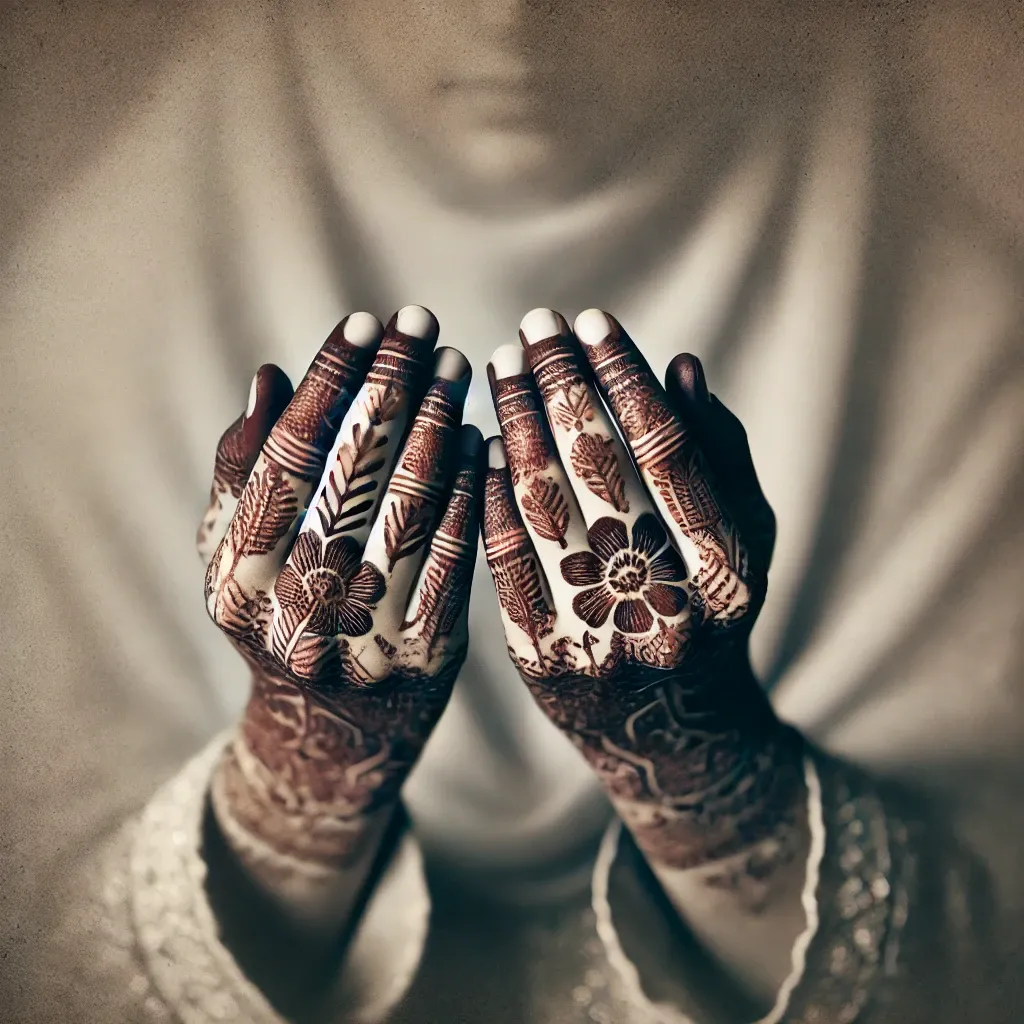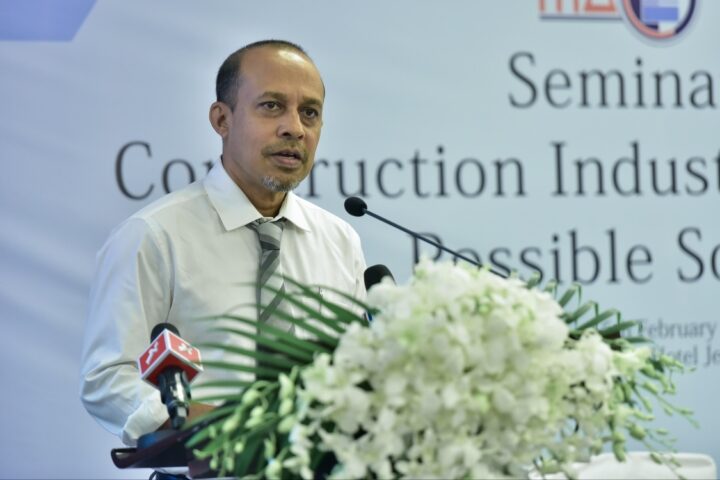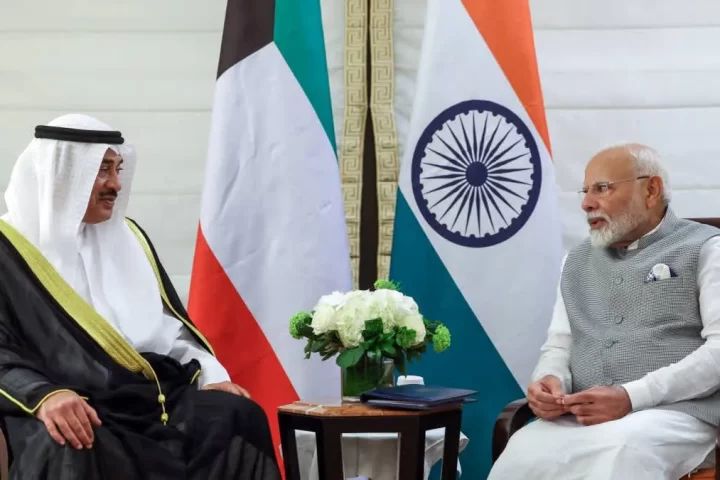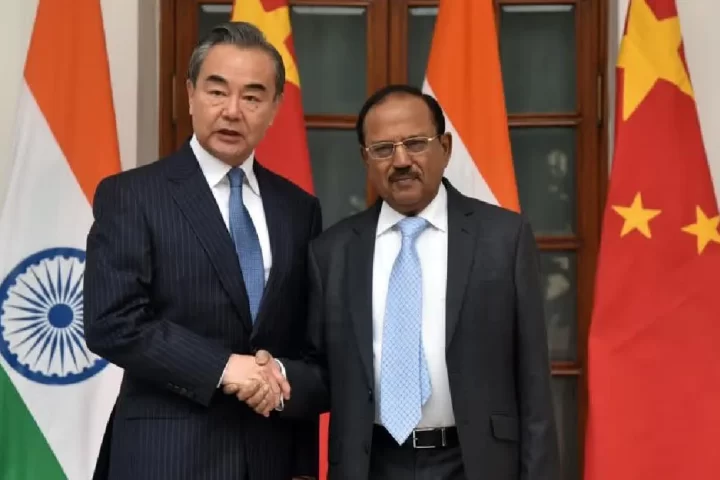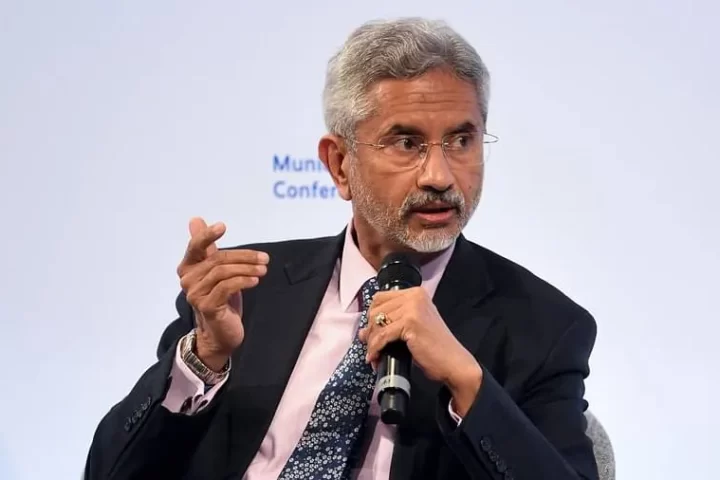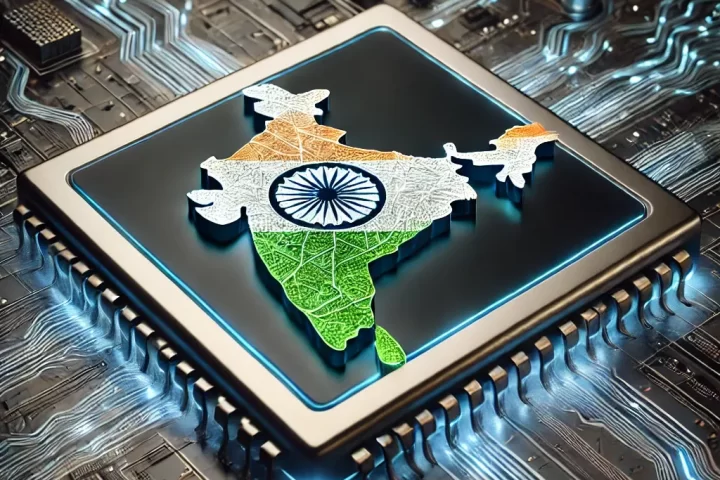DHAKA, Bangladesh — Despite notable strides in recent years, Bangladesh remains one of the world’s hotspots for child marriage, with over half of all girls marrying before they turn 18. Recognizing the severity of the crisis, two United Nations agencies, UNFPA and UNICEF, are intensifying their efforts to combat this entrenched social issue, calling for a drastic acceleration in reforms to meet international goals.
The urgency was underscored during a five-day visit, from December 8 to 12, by the Steering Committee of the UNFPA-UNICEF Global Programme to End Child Marriage (GPECM). The delegation, which toured high-prevalence districts and met with a range of stakeholders, highlighted both the achievements and challenges of Bangladesh’s fight against child marriage.
“Child marriage robs girls of their childhood and threatens their well-being,” the joint mission stated in a release, emphasizing its cascading impact. Girls who marry before 18 are more likely to experience domestic violence, leave school prematurely, and face economic and health difficulties, which perpetuate intergenerational cycles of poverty and inequality.
Since its launch in 2016, the GPECM has aimed to combat child marriage in 12 of the most affected countries. In Bangladesh, efforts to reduce the practice have achieved only modest results, with the marriage rate declining by just 2.1% annually. At this pace, the country is unlikely to meet the Sustainable Development Goal of eliminating child marriage by 2030 without a 22-fold acceleration in progress, experts say.
During its visit, the UN delegation reaffirmed the importance of Bangladesh’s National Action Plan to End Child Marriage (NAPECM).
Officials called for greater funding and stronger legal frameworks to address the systemic drivers of child marriage, such as poverty, harmful gender norms, and lack of access to education.
“Through strong collaboration with the government, UN agencies, and civil society, Bangladesh has shown that progress is possible even in the face of significant challenges,” said Sheema Sen Gupta, Chair of the Global Programme Steering Committee.
“The realization of the NAPECM, ensuring that it is fully resourced and legally robust, could create a cascade effect in ending this scourge in the country.”
The UNFPA and UNICEF’s strategy for the 2024–2027 period reflects a holistic approach. The program aims to engage over 1.2 million adolescent girls in life skills and comprehensive sexuality education, while reaching more than six million individuals with mass media campaigns promoting gender equality and the rights of adolescent girls.
Additionally, the initiative seeks to involve more than two million people, including 1.2 million boys and men, in education and dialogue sessions designed to challenge harmful masculinities and gender norms.
Field visits during the committee’s trip showcased innovative programs, such as those focused on empowering adolescent girls and young mothers through education, life skills, and employability training.
UNFPA and UNICEF representatives stressed that addressing child marriage requires tackling broader issues of gender inequality and poverty. They called for engaging men and boys as allies and integrating child marriage prevention into poverty reduction and child protection strategies.
“Ending child marriage is about creating opportunities for girls to lead safe, healthy, and empowered lives,” said Masaki Watabe, UNFPA Representative in Bangladesh. “UNFPA is committed to supporting comprehensive approaches that prioritize sexual and reproductive health, education, and community engagement to transform harmful norms.”
Rana Flowers, UNICEF’s Representative in Bangladesh, added, “Child marriage is not only a violation of children’s rights but also a barrier to sustainable development. The voices of girls must be central to our collective action to create a future where every child can thrive.”
The visit coincided with the global 16 Days of Activism Against Gender-Based Violence campaign, drawing attention to child marriage as both a form of violence against children and a violation of human rights. The joint mission’s appeal called on all sectors—government, civil society, private organizations, and international partners—to expand partnerships and scale up efforts.
With the clock ticking toward the 2030 deadline, UNFPA and UNICEF’s collective efforts aim to ensure that no girl in Bangladesh is forced to sacrifice her childhood to marriage. Their mission serves as a reminder that ending child marriage is not just a moral imperative but a crucial step toward sustainable development. Agencies.
